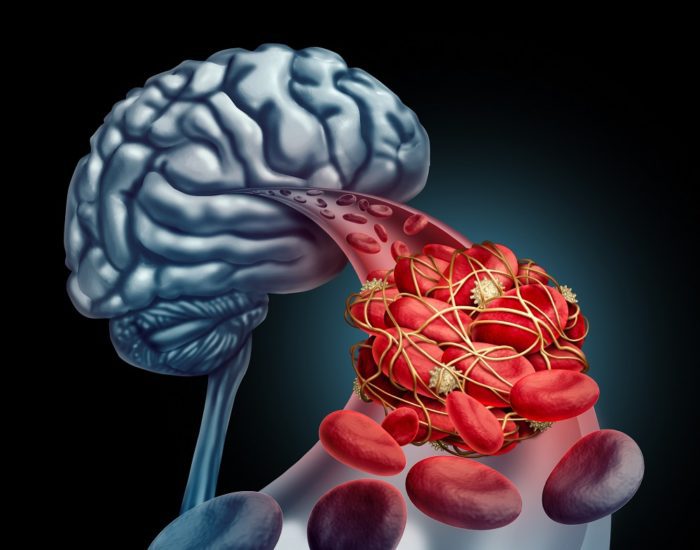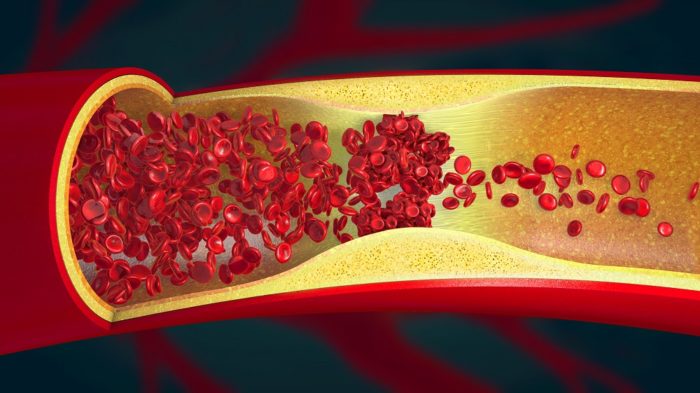You may have heard that an individual’s likelihood of a heart attack or other cardiovascular emergency will increase as they grow older. Understandably, you likely also wonder if this risk is due to age itself or another factor. The truth is that aging does alter your blood vessels and heart. But you can make efforts to keep your heart healthy.
Knowing how your body changes as you age will help you better fight potential side effects that could hurt your wellbeing. Read on to learn how aging can impact the function and health of your heart.
Age and Your Cardiovascular System
When you get older, the cells that make up your body may begin to degenerate slightly. This occurs in the blood vessels and heart as well. This may lead the walls of these parts of the body to thicken a minute amount, which can result in a few functional changes.
In the blood vessels, thicker walls can mean a slower flow of blood due to a narrow channel to travel through. This may give the person a higher blood pressure. It may then result in the heart having to work harder to get blood where it needs to go throughout the body.
Thickening muscles within the heart will make the organ stiffer generally. This can leave a patient with a more irregular or slow heartbeat. High blood pressure can make this stiffening in the heart worse.
If the heart does not receive enough blood due to too much narrowing within the blood vessels, you can have a heart attack. If the heart cannot function as it needs to due to alterations in the organ, you can experience heart failure. Both situations are medical emergencies that will require urgent care from a doctor.
Keep Your Heart Healthy as You Age
Aging is inevitable and a fact of life. But you can coordinate with your doctor to find ways to keep your heart and the rest of your body healthy and functioning as they should.
The common suggestion of eating a nutritious diet and staying physically active is good advice. Regular exercise elevates your heart rate and ensures the muscles in the heart remain strong. A diet low in fat, sugar, and salt will keep your blood pressure down and reduce strain on your heart.
Your cardiovascular system can form deposits based on genetics or the foods that you eat over time. The deposits can create blockages or narrowing in the blood vessels that can heighten blood pressure too. This is another reason experts correlate aging with cardiovascular health risks.
But if you monitor your blood pressure and follow healthy lifestyle tips from your doctor, you can limit the development of these deposits. And then you can reduce the chances of heart disease and other complications. Consult with your doctor to learn about any risk factors unique to your medical history. Then you can develop a preventative care plan that will work for your specific needs.



